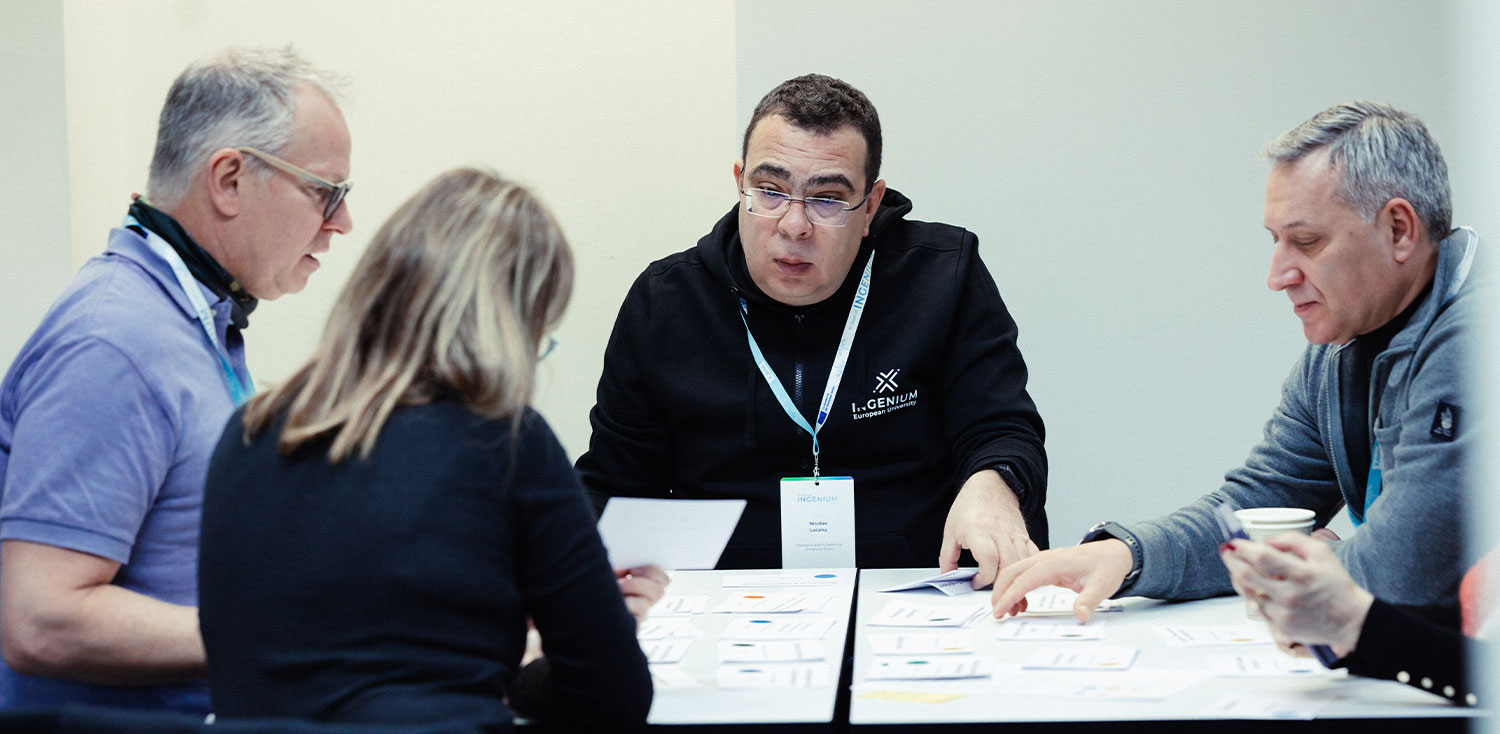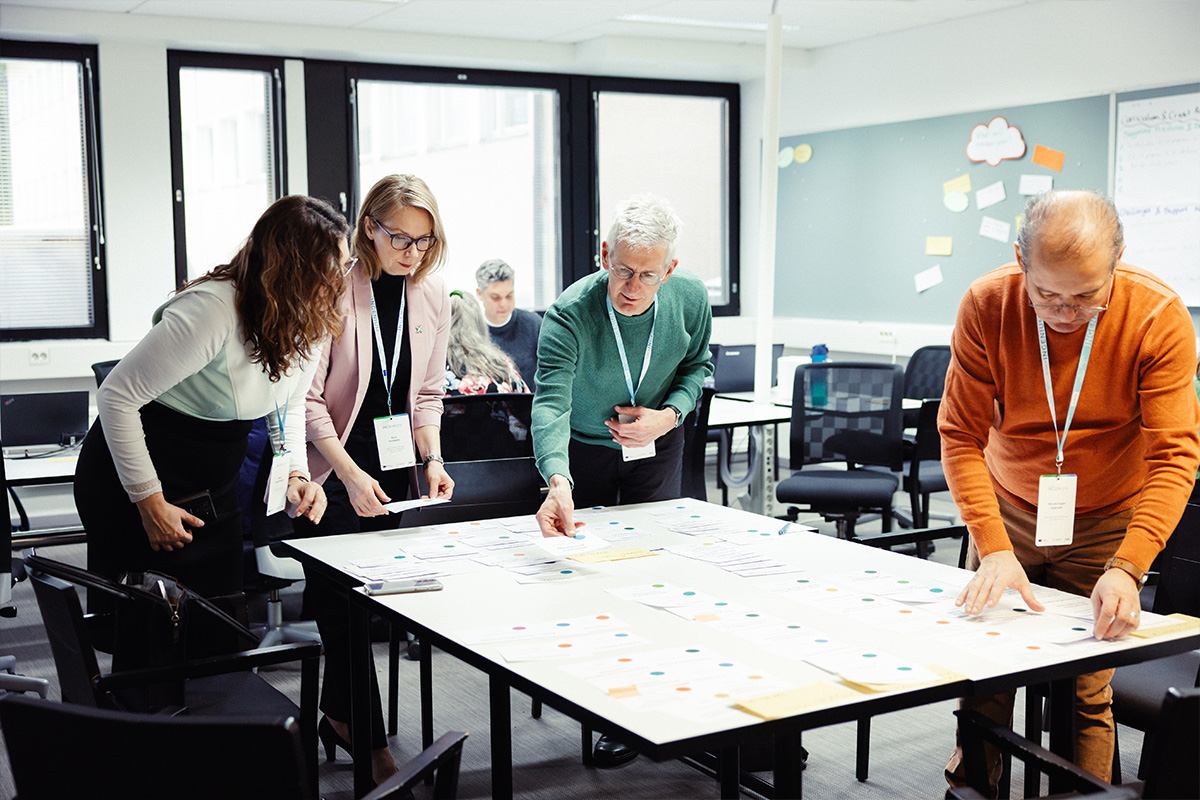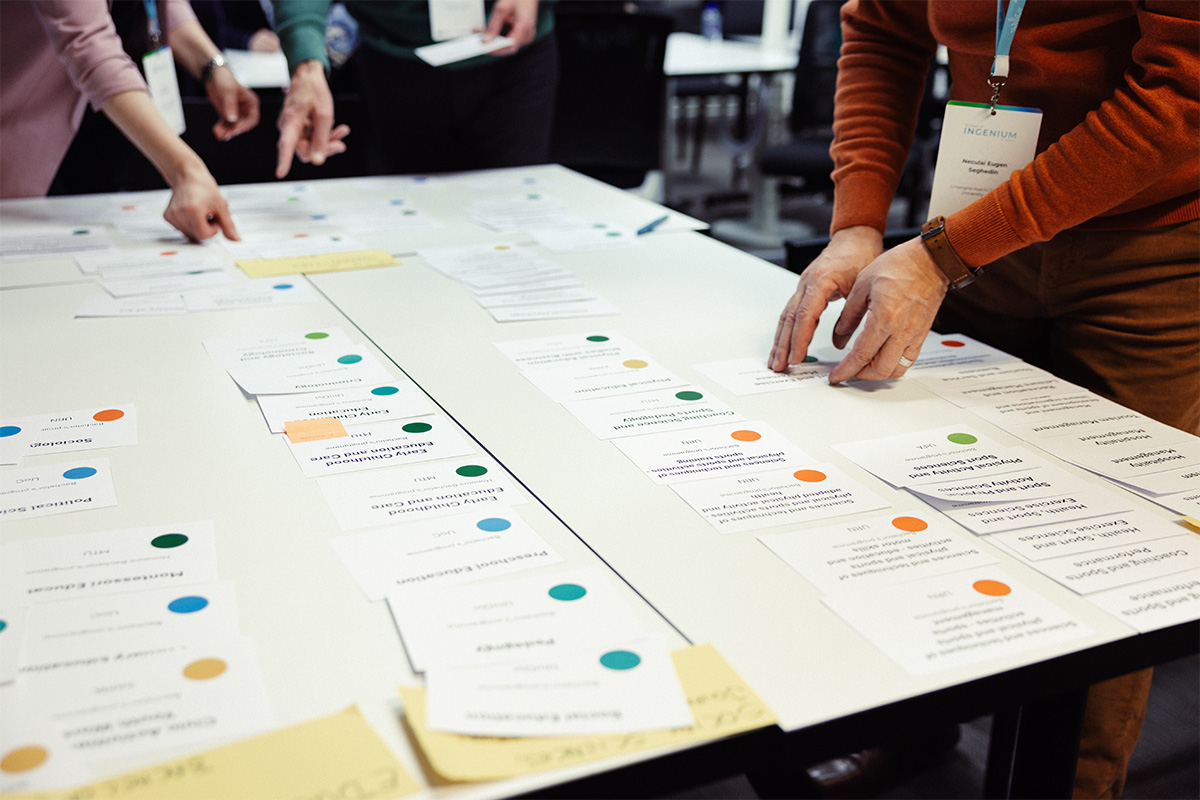Format
BIPs involve a short, intensive in-person component of minimum 5 days (for example, a workshop or field course hosted by one of the partner universities) coupled with online learning. Both elements should ensure an adequate learning flow. Together, these provide a minimum of 3 ECTS credits to participating students.
Disciplinary or Transversal
We welcome BIPs focusing on specific disciplines (e.g. a BIP on renewable energy engineering for engineering students from all partner universities) as well as transversal themes that cut across fields (e.g. a BIP on entrepreneurship, research skills, intercultural communication or other transferable competencies that would benefit students of many programmes). Transversal BIPs could be integrated as a part of the “soft skills” or general education portion of curricula.
Curriculum Integration
Wherever possible, BIPs should be embedded in the curriculum – meaning the BIP’s content is recognized as part of a course or requirement at each participating institution. For instance, a BIP could be designed as a component of an existing course at each university (with the short mobility counted as part of that course’s activities), or as a stand-alone elective module that students can opt into and receive credit for. Embedding the BIP helps ensure student participation and recognition. Although this is preferrable, any type of BIP collaborati.
Mobility and Funding
Students and staff participating in the physical component of BIPs can typically be funded through Erasmus+ short-term mobility grants or INGENIUM’s internal mobility funds. INGENIUM will assist BIP organizers in coordinating these logistics. Proposals should indicate a rough plan for the timing and location of the physical event and confirm willingness to adhere to Erasmus+ BIP requirements (e.g. minimum of 3 countries involved, 3 ECTS minimum for the course, etc.).
Impact
BIPs can serve as pilots for deeper cooperation. We encourage teams to view a BIP not just as a one-off event, but potentially as a recurring offering or a springboard to further joint curriculum development. Consider how your BIP could pave the way for expanded collaboration (for example, a successful BIP could evolve into a regular summer school or a joint module in a degree programme).





